Unfortunately for us night owls, the rumors are true: Being a morning person is good for mental health. But that doesn’t mean you have to be up before the sun and accomplish your whole to-do list by 8 a.m. Waking up just a little bit earlier and setting aside time to devote to yourself before running out the door can help alleviate that overwhelming feeling that there just aren’t enough hours in the day to do everything you want or need. Below are a few easy ideas to start your day on the right foot by building better habits that work for your lifestyle.

Pack Your Bags the Night Before
At the end of a long day, it’s tempting to just get under the covers and pass out. But taking 10 minutes to prepare your bag or equipment for the next day can help make your morning less stressful. Pack your gym clothes and sneakers, make sure you have any and all chargers you need for your laptop and phone, and fill a little goody bag with snacks. Not only will this lessen the chance of you forgetting something in the haste of your a.m. rush, but it may give you more time to sip your coffee, play the New York Times Wordle, or catch up on the morning news. Your future self will thank you.
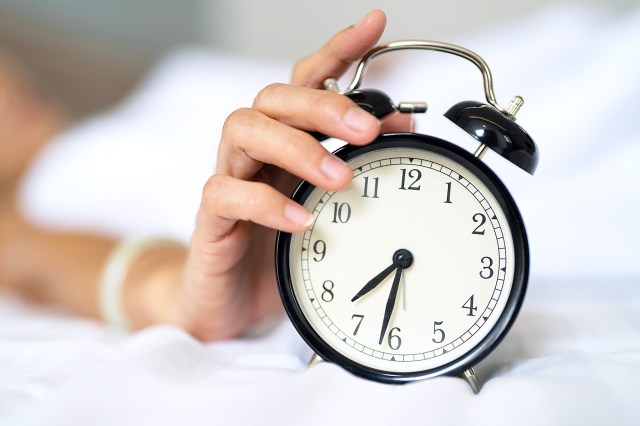
Set Two Different Alarms
Unsurprisingly, you shouldn’t snooze your alarm. It can seriously mess with your body’s natural sleep cycle. But that doesn’t mean you have to jump out of bed the second your alarm goes off. We like to come out of slumber slowly to lower morning stress. Try setting one alarm for your wake-up time and another for when you need to be out of bed. Open your shades to get some natural light in the morning. Stretch and do some deep breathing before being rushed into your to-do list. This is also a great way to work toward becoming a morning person if that’s a goal or lifestyle you’re interested in.

Don’t Immediately Open Your Phone
We know — this is a really hard one. According to a survey from the tech analyst company ReportLinker, 46% of Americans said they check their phone before they get out of bed in the morning. The problem is, this kicks you into alertness a little too quickly. Data from the Pew Research Center showed the most common ways Americans use their smartphones are for text messaging (97%), voice or video calls (92%), internet access (89%), email (88%), and social networking (75%). That means most of us are catching up on correspondence and responding to calls we might have missed, which can bring on stress.
Instead, if you’re eager to immediately stimulate your brain during those first few minutes after you wake up, leave a book, journal, or notebook next to your bed so you can easily grab them instead of your phone. Being intentional about the first things you see in the morning and not looking at a bright screen will help you adjust to being awake and allow you to focus on being present for the day ahead.

Drink Water First
Your body may crave coffee or another potentially dehydrating beverage when you first wake up, but you should try to reach for water first thing in the morning. According to the Mayo Clinic, mild dehydration can drain your energy and make you tired throughout the day. And if you’ve been asleep all night, you probably haven’t had any water to drink in six to nine hours. Starting your day by rehydrating your body can help replenish the natural energy you need. Leave a cold water bottle next to your bed the night before so it’s right there waiting for you when you open your eyes.
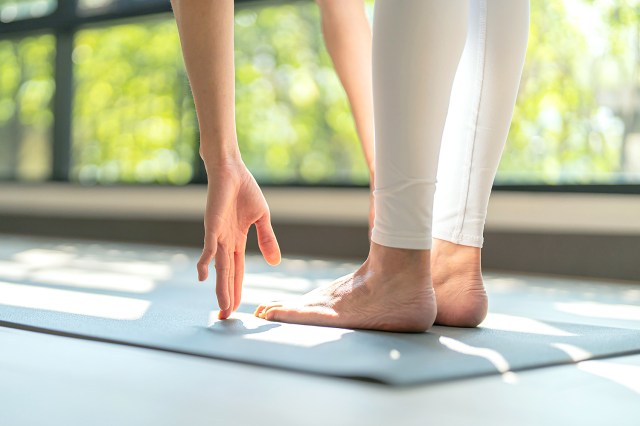
Move Your Body
Moving your body every morning, whether through high-intensity workouts like cycling or boxing, or low-intensity activity such as walking or stretching, will help you start your day on a positive note both mentally and physically. Daily movement is a great way to practice mindfulness, release endorphins, and center yourself in your body. It also helps to stretch and loosen your muscles. Studies have even shown that consistent morning exercise reduces the risk of various chronic health conditions, including type 2 diabetes and cardiovascular disease, as well as leads to better-quality sleep. Plus, if you move your body in the morning, you don’t have to worry about when you’ll find the time to exercise throughout the day. One more thing off your checklist!
This article is for general informational purposes only.
Affiliate Disclaimer Medical Disclaimer



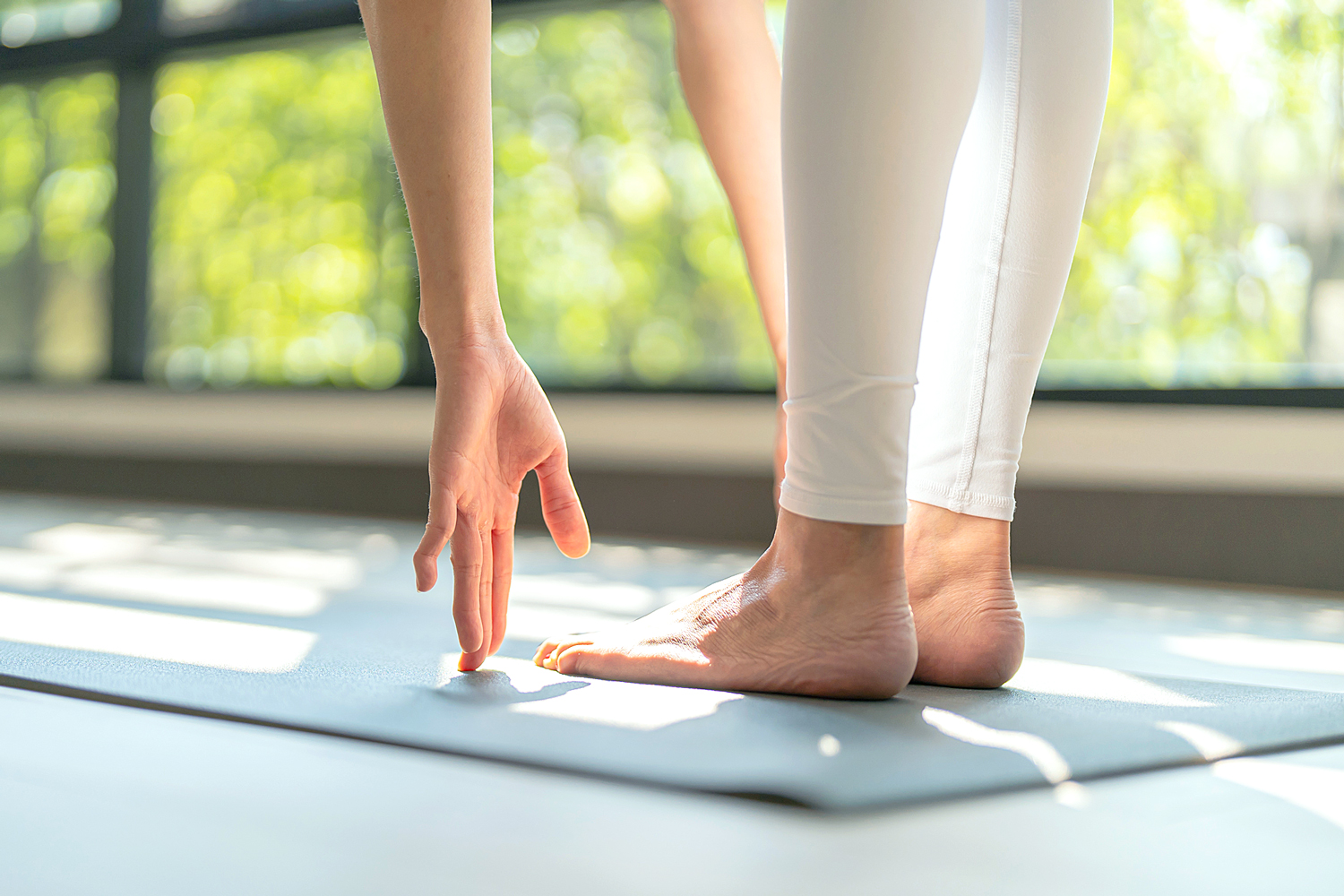

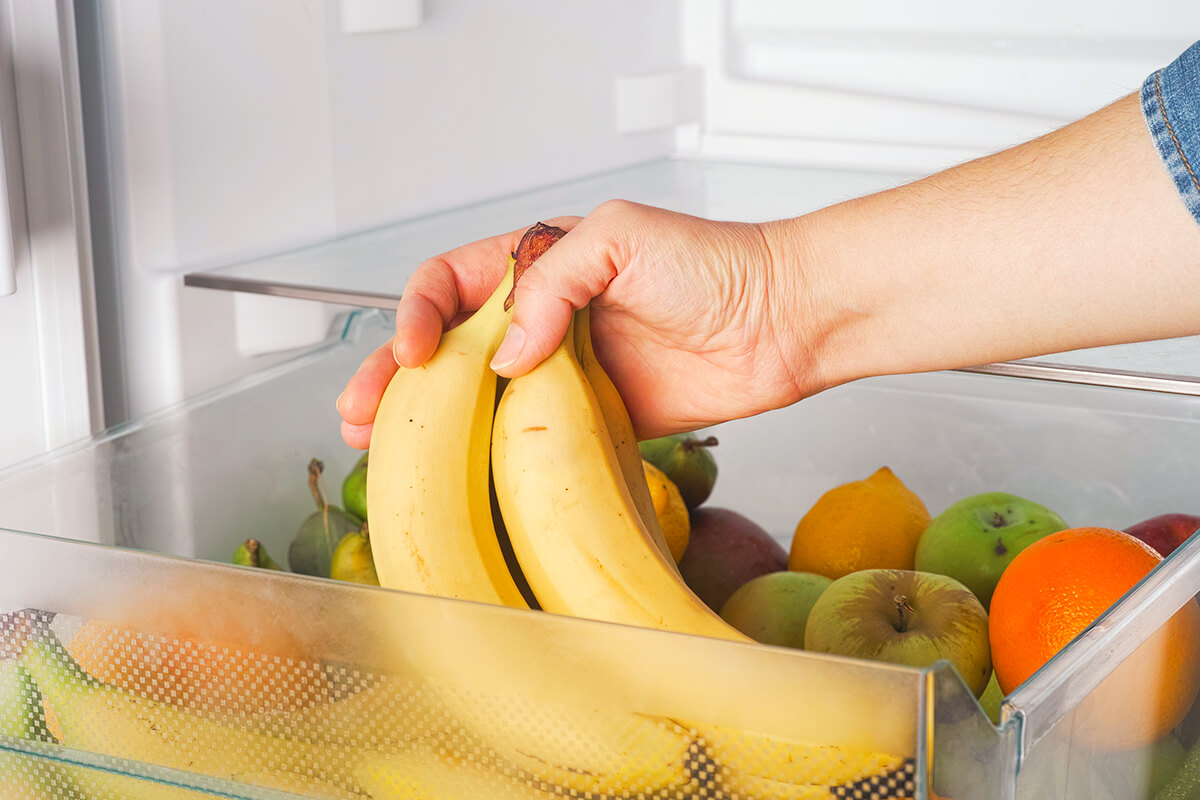






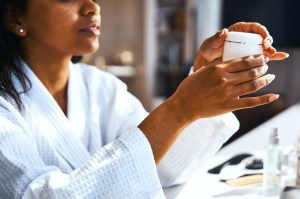


 Unique Beauty is free for all users.
Unique Beauty is free for all users.